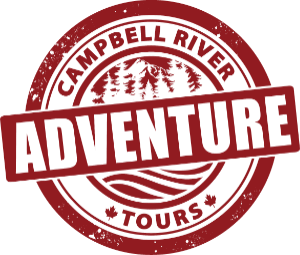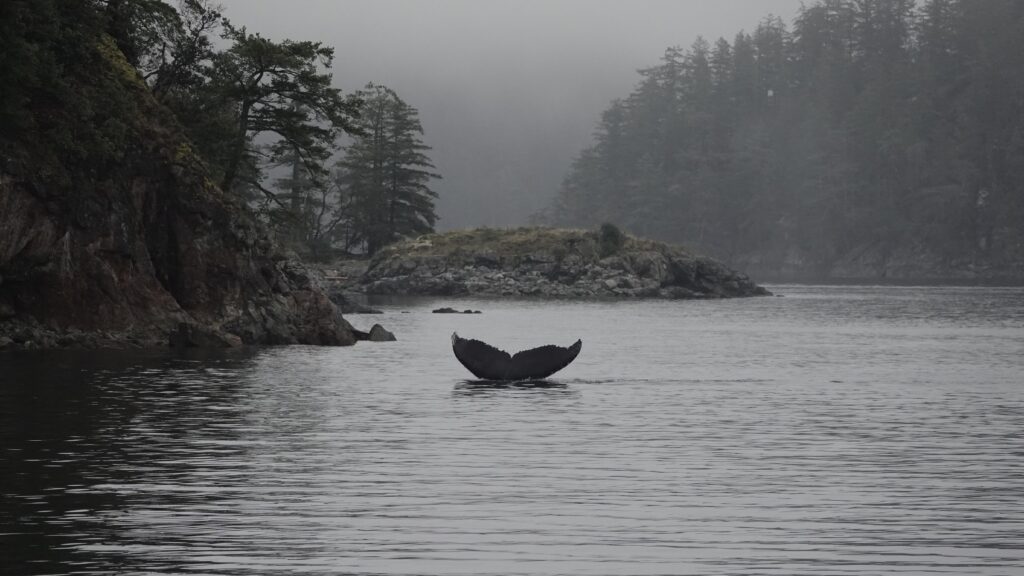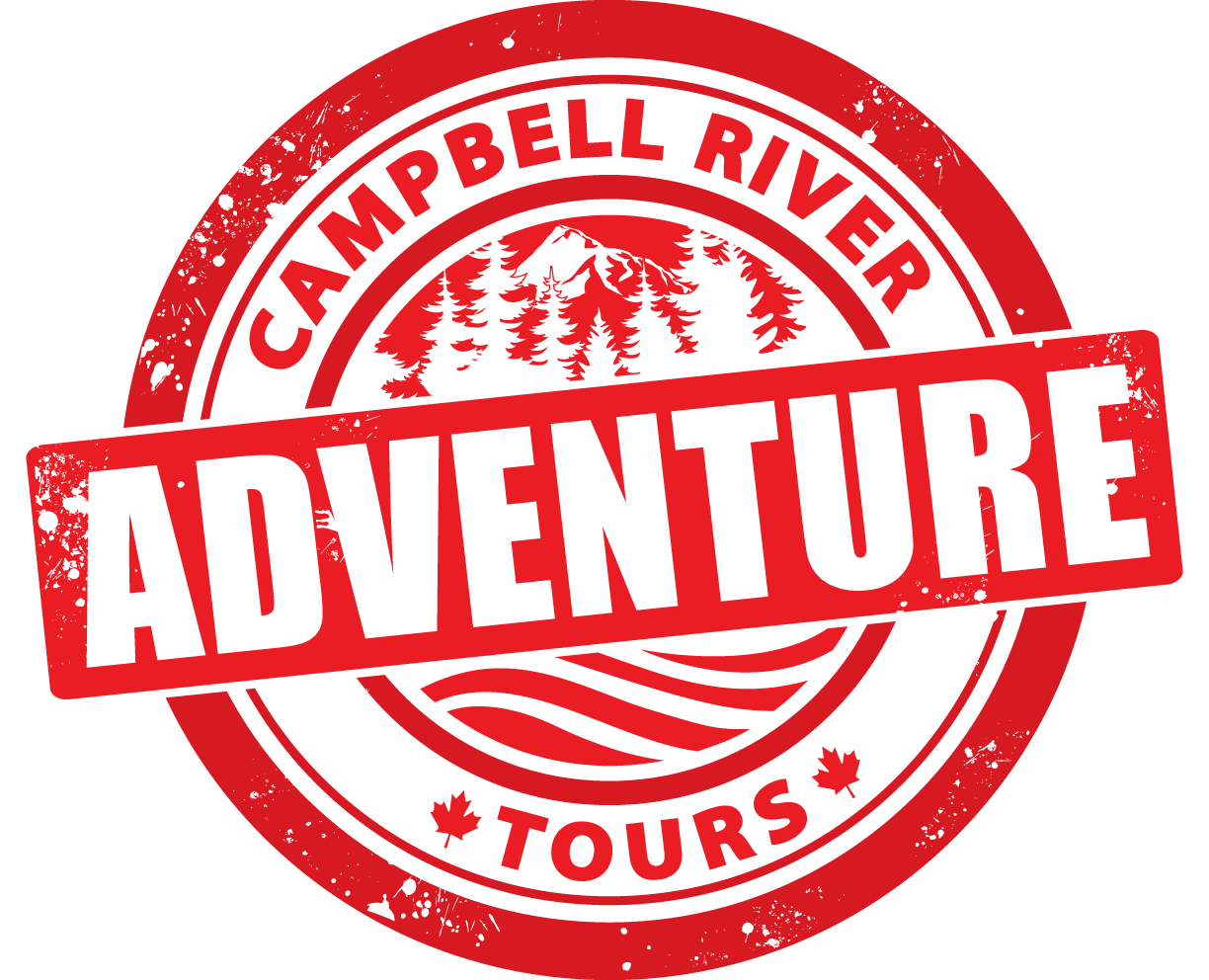For centuries, whales have captured human imagination - once feared as monstrous sea beasts to be hunted, later confined behind concrete tanks as curiosities. Thankfully, many countries have now ended whale hunts and captivity, recognizing that cetaceans deserve freedom and a natural life.
While this progress is important, the journey toward truly ethical wildlife tourism is ongoing. The next challenge is changing how we think about our interactions with wildlife.
From “How Close” and performance to “How Wild” and respect
In wildlife tourism, experiences are often judged by how close we get or whether animals perform spectacular behaviors - breaching, tail slaps, or other “showy” moments. Social media fuels this, encouraging us to chase dramatic, up-close shots as proof of a memorable encounter.
But this expectation - that wildlife should come close and “put on a show” - is misleading and can be harmful. Approaching animals too closely disrupts their natural behaviors like resting, feeding, and communicating. The noise and presence of boats can cause stress, disorient animals, and increase risks of collisions. Animals habituated to humans become vulnerable not only to injury but also to situations that may threaten their survival.
At Campbell River Whale Watching, we believe this is a critical mindset to shift. Whales and marine mammals are not performers; they don’t exist to entertain us. Our language reflects this respect - avoiding terms like “up close and personal” or “show,” which reinforce outdated ideas prioritizing human experience over animal wellbeing.
Of course, seeing a whale breach or witnessing a rare behavior is always an unforgettable thrill. These moments are special precisely because they’re unpredictable and unprompted. But they should never be the expectation, nor the sole measure of a meaningful wildlife experience.
Instead, we aim to give animals the space they need to live authentically and undisturbed. We use respectful language on our tours and in our communications to foster a deeper understanding and appreciation for wildlife as wild beings - not as attractions.
The true magic of “How Wild”
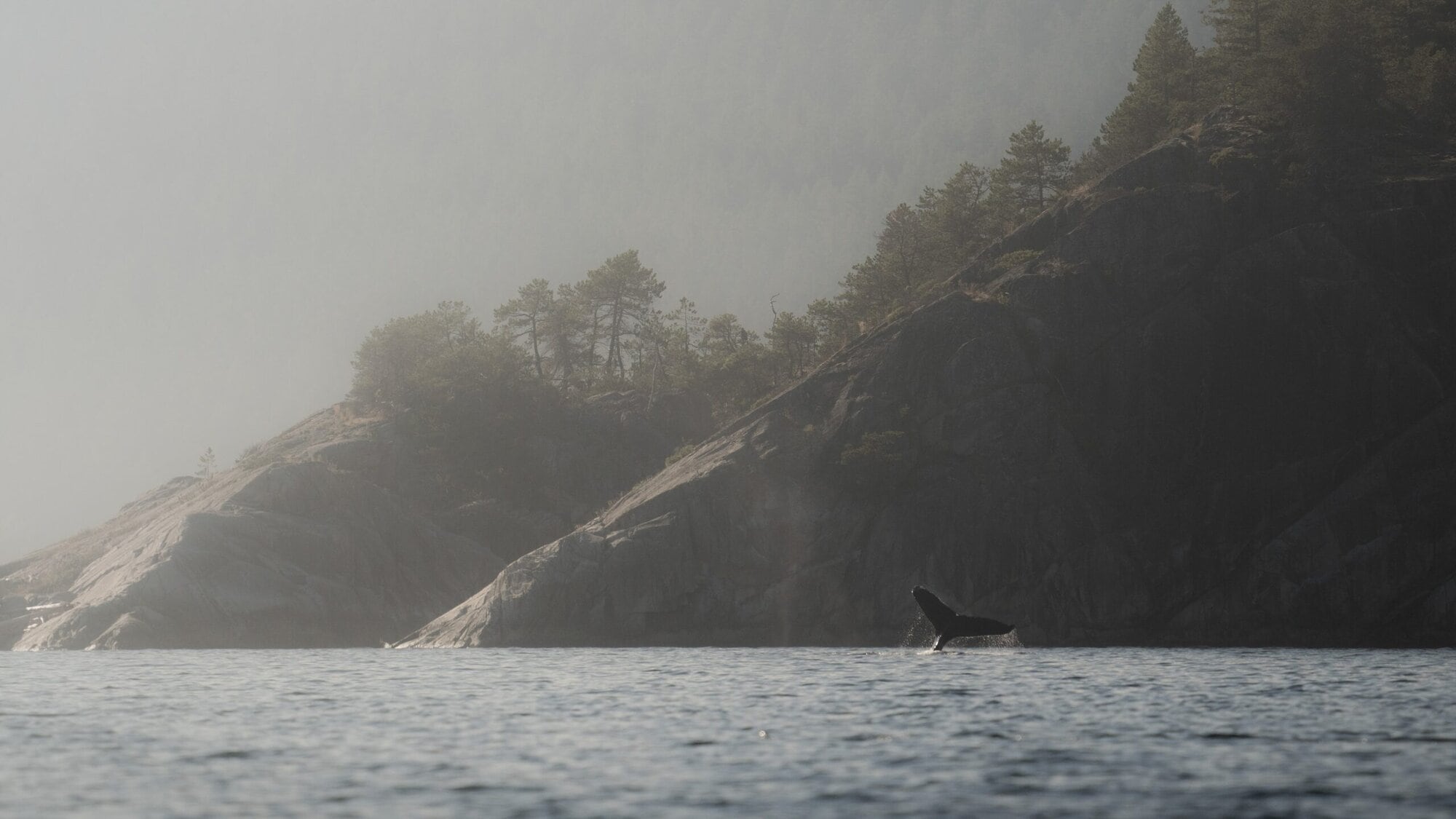 📷 Kristian Gillies
📷 Kristian Gillies
There is a special kind of magic in observing wildlife living freely - animals thriving in their natural habitat, behaving naturally as if humans weren’t watching. Ethical wildlife viewing is less about proximity or spectacle and more about patience, humility, and respect.
This approach allows us to experience the real essence of wildlife - a privilege that requires responsibility. It honors the animals’ needs above our desire for the perfect photo or dramatic story.
And the incredible part is, giving animals space doesn’t mean missing out. Some of the most unforgettable moments happen when wildlife feels safe enough to be themselves - whether it’s a humpback breaching in the distance, an orca gliding past, or a bear foraging onshore. These are the moments that give you goosebumps, and they often make for the most powerful photos and memories.
How you can be part of the mindset shift
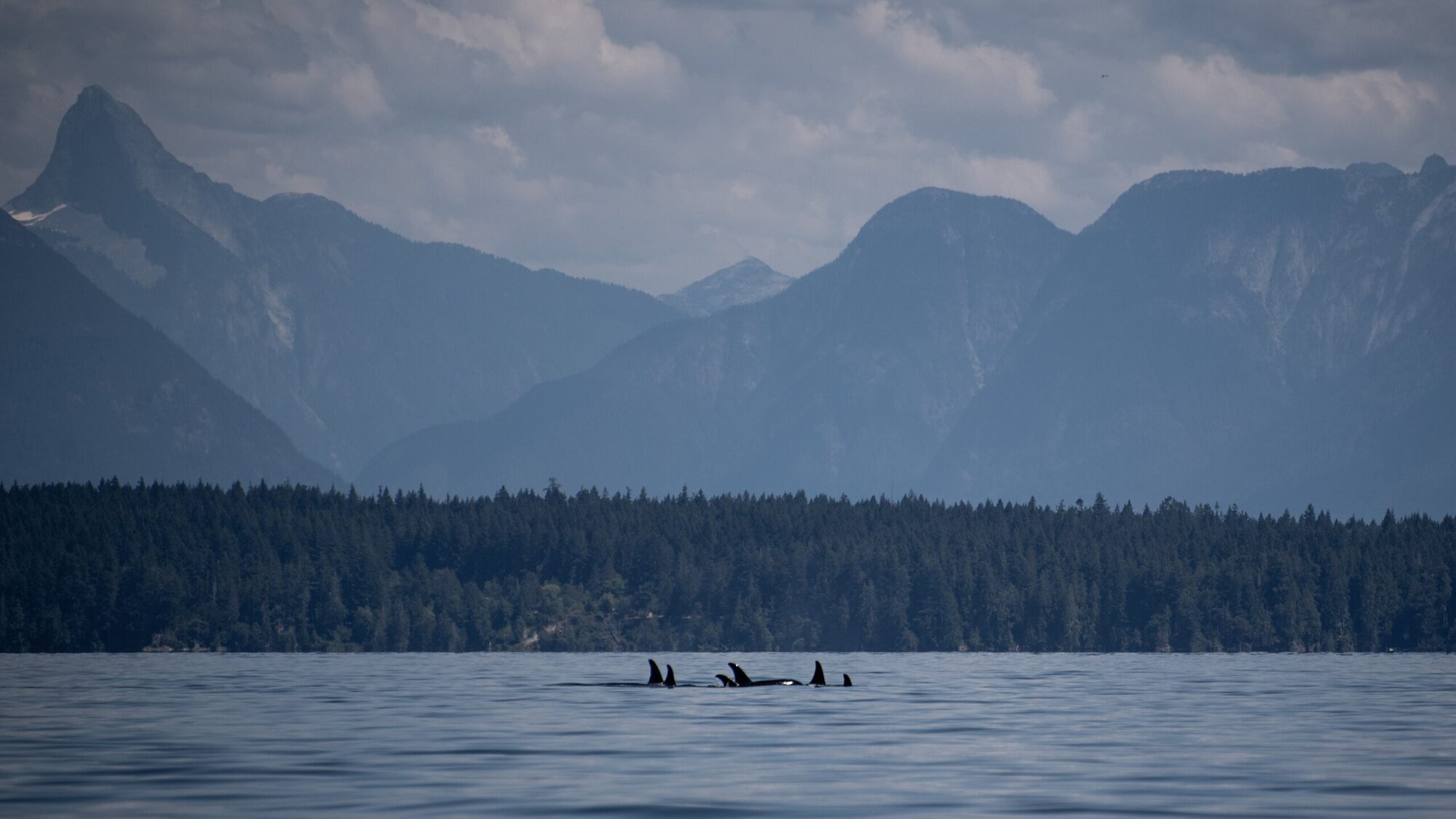
📷 Bex Dawkes
Every wildlife enthusiast can play an important role in reshaping how we view and interact with wild animals. Here’s how you can contribute to this important movement:
- Educate yourself and others. Start by learning how wildlife is impacted by human presence and what truly respectful viewing means. Share this knowledge with your friends, family, and community to inspire greater awareness.
- Practice patience and humility. A meaningful wildlife experience isn’t about forcing moments or closeness - it’s about observing animals living naturally, on their own terms.
- Choose ethical operators. Support tours and organizations committed to animal welfare, who avoid misleading imagery and use language that honors wildlife’s freedom.
- Talk about your experience thoughtfully. When sharing your wildlife tour experience, focus on respect, space, and authentic behavior rather than spectacle or proximity.
- Think before you post. Avoid sharing photos or videos of close encounters, even if they happened unexpectedly - such images can encourage harmful practices and create unrealistic expectations and desires.
- Speak up for wildlife. Use your voice to advocate for responsible wildlife tourism guidelines, policies, and protections that minimize disturbance to animals.
- Support conservation efforts. Engage with and donate to organizations working to protect wildlife habitats and promote ethical tourism, such as MERS.
By embracing these actions, we can all help foster a future where wildlife tourism celebrates and preserves the true wildness we seek to experience.
Embracing a new mindset in wildlife tourism
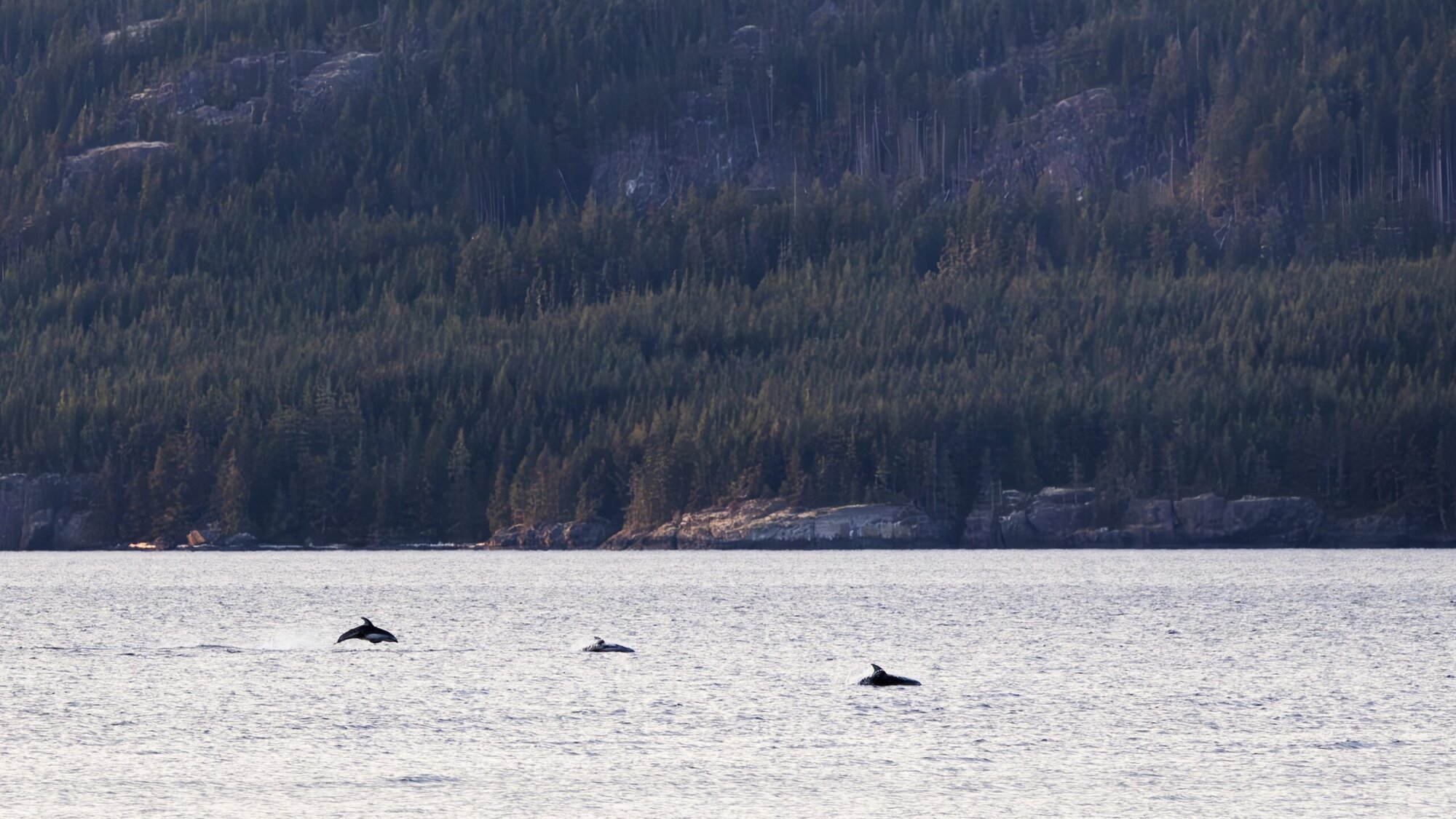
📷 Sara Kempner
For wildlife tourism to be sustainable and ethical, we must collectively embrace the mindset of “how wild” rather than “how close” or “how spectacular”.
This means educating ourselves and our guests, respecting protective guidelines, and supporting policies that minimize disturbance. It means valuing wildlife encounters not by the closeness or excitement they offer, but by witnessing animals living free and undisturbed.
At Campbell River Whale Watching, we’re proud to be part of this shift - offering tours designed around respect, care, and minimal impact. Thank you for joining us on this journey toward a deeper, more ethical connection with the natural world.
Words by Maddie Lemke; inspired by MERS and the Marine Detective
Title photo by Stephen Gabrysh

